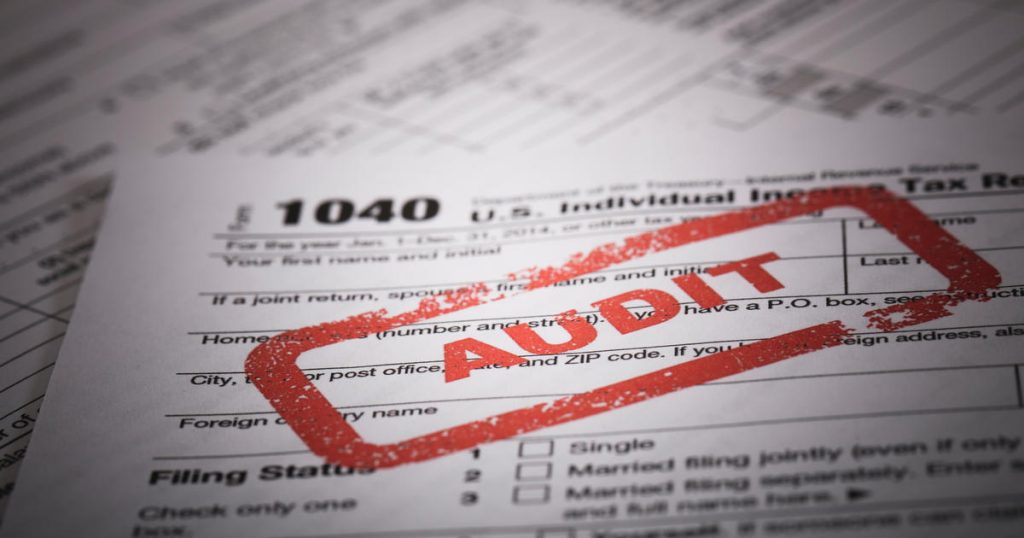IRS audits play a critical role in collecting money owed to the federal government by tax cheats, while also serving as a deterrent to fraud. Many taxpayers cite the fear of being audited as a motivation for being honest on their taxes. The IRS has plans to increase audits on taxpayers with annual incomes over $400,000 as a way to raise revenue and crack down on tax evasion, funded by the Inflation Reduction Act. Following the passing of this law, a significant portion of voters expressed concerns about potentially being audited.
Despite concerns about audits, the odds of being audited are low, with only 0.2% of all individual income tax returns facing an audit in the 2020 tax year. Taxpayers with annual incomes over $10 million are the most likely group to be audited, followed by low- and moderate-income taxpayers who claim the Earned Income Tax Credit (EITC). The higher audit rate for EITC claimants has raised criticism as it disproportionately affects people of color. EITC returns can be flagged if the taxpayer does not qualify for the credit, leading to audits conducted through correspondence rather than in-person visits.
Over the years, the audit rate has been declining, with audits for high-income earners decreasing from 2014 to the present. Middle-class taxpayers are also less likely to be audited today. The IRS attributes this decline in audits to its shrinking workforce; however, the agency is now increasing its staff thanks to funding from the Inflation Reduction Act. The focus of the IRS is on increasing audits for those earning above $400,000 to crack down on tax evasion and ensure proper collection of owed taxes.
The declining audit rate and focus on high-income earners for audits have raised questions about fairness and equity in the tax system. The disparity in audit rates between different income groups, particularly for EITC claimants, has sparked debate among policy experts. Efforts are being made to address concerns about disproportionate targeting of certain taxpayer groups, such as people of color, and ensure that audits are conducted fairly and without bias. As the IRS continues to adjust its audit strategies and staffing levels, the goal is to maintain tax compliance and integrity while ensuring that audits are conducted in a transparent and equitable manner.


